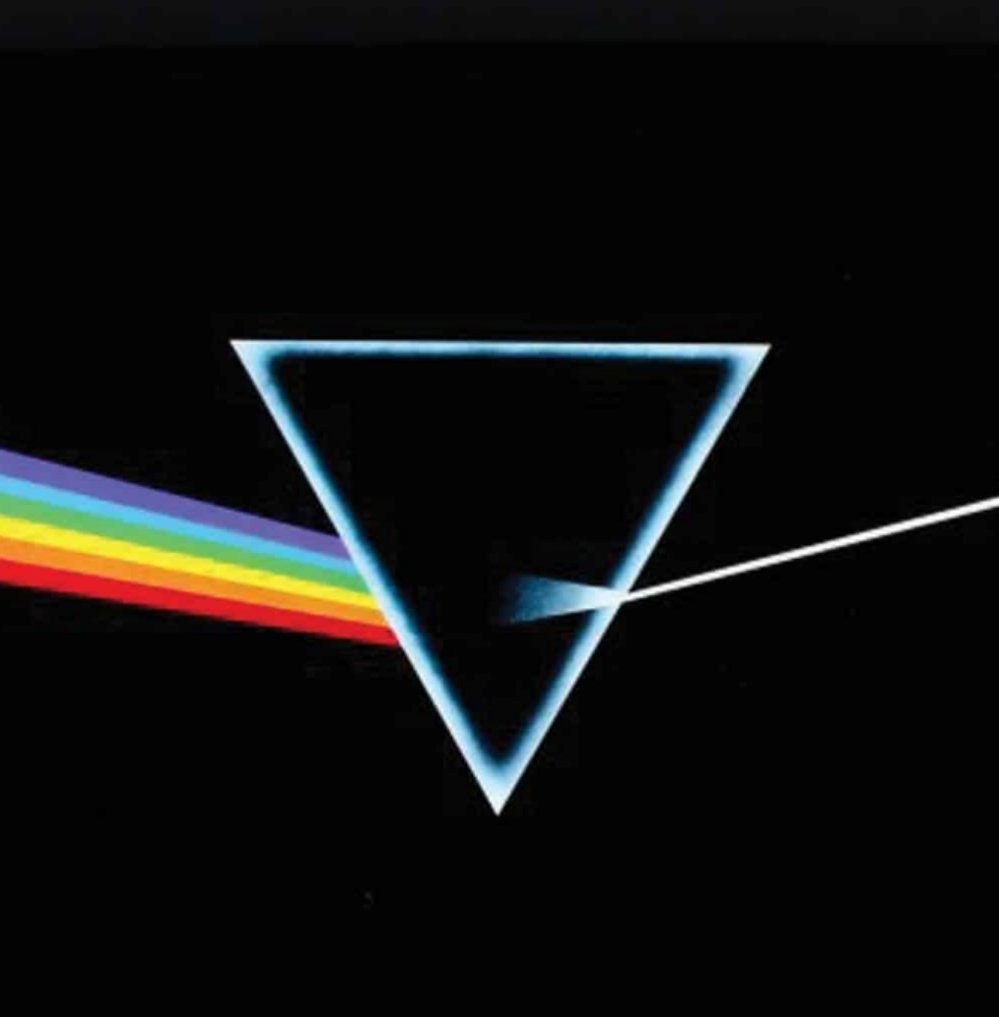

Jury nullification is a real thing, but it is often misunderstood … mostly because right-wing libertarians and sovereign-citizen kooks have spent decades pushing conspiracy theory about it.
It isn’t an affirmative right of individual citizens to get onto juries and individually block the enforcement of the law. An individual juror cannot nullify. Rather, jury nullification is a logical consequence of two important rules in our legal system:
- Double jeopardy: if a defendant gets a “not-guilty” verdict from a jury, that defendant cannot be retried for that same crime.
- Juror independence: the judge cannot order the jury to return a particular verdict, nor punish them for the verdict they return.
Double jeopardy is in the US Constitution. Juror independence is inherited from English common law, where it was established in 1670 in an infamous case where a judge imprisoned and tortured jurors for not returning the verdict the judge wanted.
Because of these two principles, if a jury returns a “not-guilty” verdict, the defendant goes free; even if the verdict seems blatantly contrary to the facts and the law. Even if the jury is blatantly wrong, nobody in the system has any authority to do anything about it — not the judge, not the prosecutor, not the cops.
If you are summoned to be on a jury and you make it clear that you do not intend to judge the case on the facts and the law, you will be dismissed from the jury in voir dire. If you preach nullification to your fellow jurors, you might cause a mistrial: the defendant will not be freed; the court will just get a new jury, and the defendant will go back to jail in the meantime.
A mistrial does not free the defendant. A hung jury (refusing to come to a consensus) does not free the defendant. Only a not-guilty verdict frees the defendant.





What’s Greek for “persona non grata”?